History
Return to article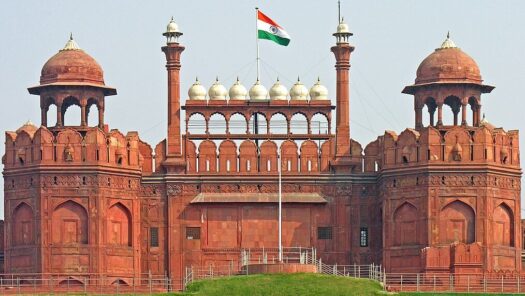
بھارت اور امریکہ کی دفاعی شراکت داری کے لئے رکاوٹیں اور مواقع
سرد جنگ کے دوران جغرافیائی سیاسی نقطہ نظر میں اختلافات کا مطلب بھارت -امریکہ تعلقات میں کشیدگی اور دفاعی تعاون کی عدم موجودگی تھا۔ آج بھارت اور امریکہ کے درمیان مفادات کے ارتکاز اور چین کی بڑھتی ہوئی فوجی مہم جوئی کے چیلنج…
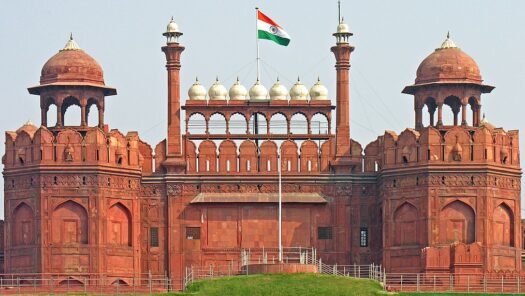
Hurdles and Opportunities for the India-U.S. Defense Partnership
During the Cold War, divergences in geopolitical outlooks meant that India-U.S. ties were estranged, with non-existent defense cooperation. Today, the convergence of interests between India and the United States, coupled with the challenge of a rising China’s military adventurism, has…
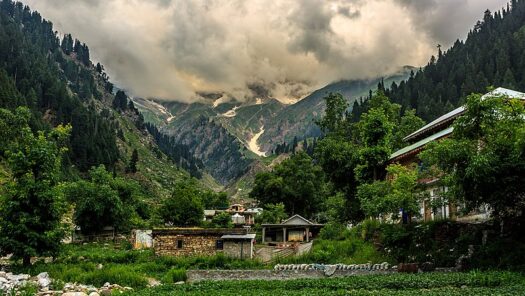
Former FATA’s Mainstreaming Remains Elusive
Pakistan merged the former Federally Administered Tribal Areas (FATA) along the Afghanistan border into the adjoining Khyber Pakhtunkhwa (KP) province in May 2018, ending the century-old colonial administrative structure of the region by bringing it into the constitutional order and…
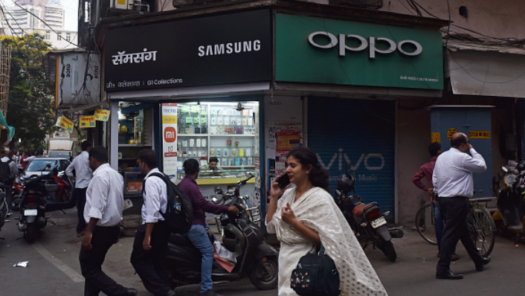
The IMF’s Role in Shaping India’s Current Economic Outlook
The birth of the IMF and an independent India occurred in close parallel. As the world saw an end to WWII and sought to rebuild, India, too, was trying to rejig its economic coffers after two centuries of colonial rule.…
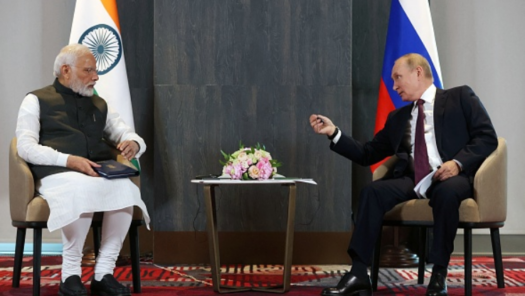
India and the Russia-Ukraine War: The Need for a Proactive Approach
In a recent bilateral meeting between India’s Prime Minister Modi and Russia’s President Vladimir Putin during the SCO summit in Uzbekistan, Modi made headline-making comments on the war in Ukraine, stating that “now is not an era of war” and…
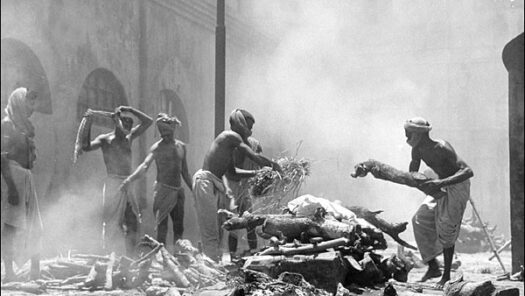
Building a Bridge through Time: Partition Through Oral Histories
Away from the unfolding negotiations between departing colonial rulers and leaders of the newly independent states of India and Pakistan, the Partition of the Indian subcontinent in 1947 ripped apart the inhabited worlds of millions. Violence and destruction swept large…